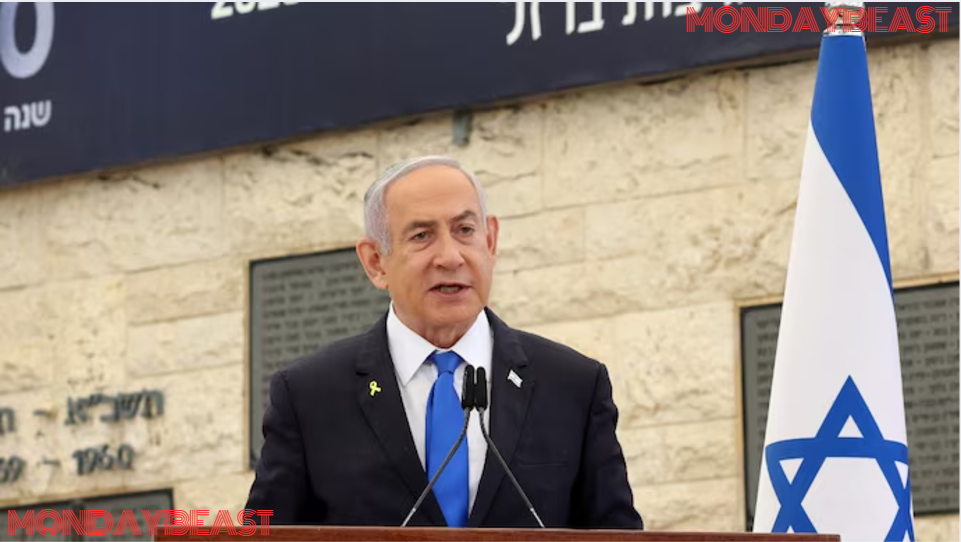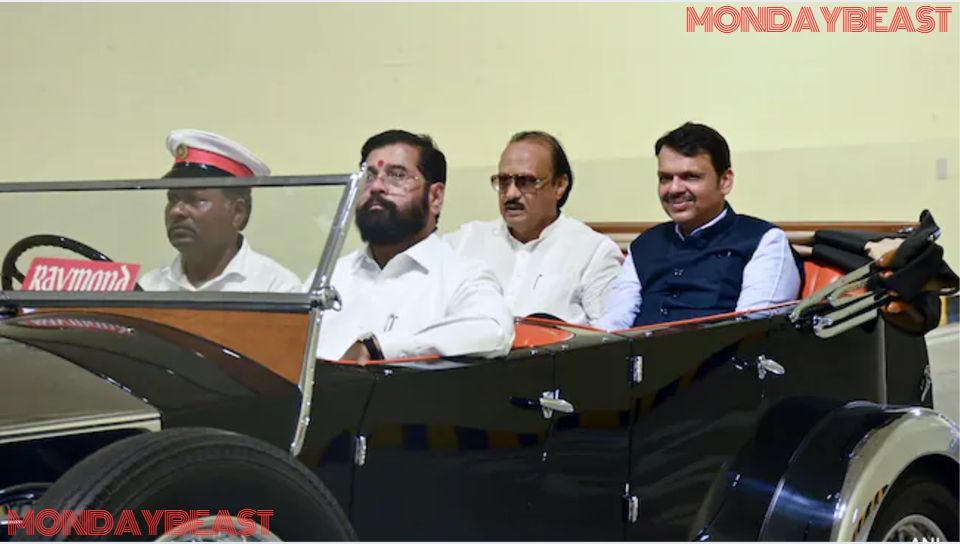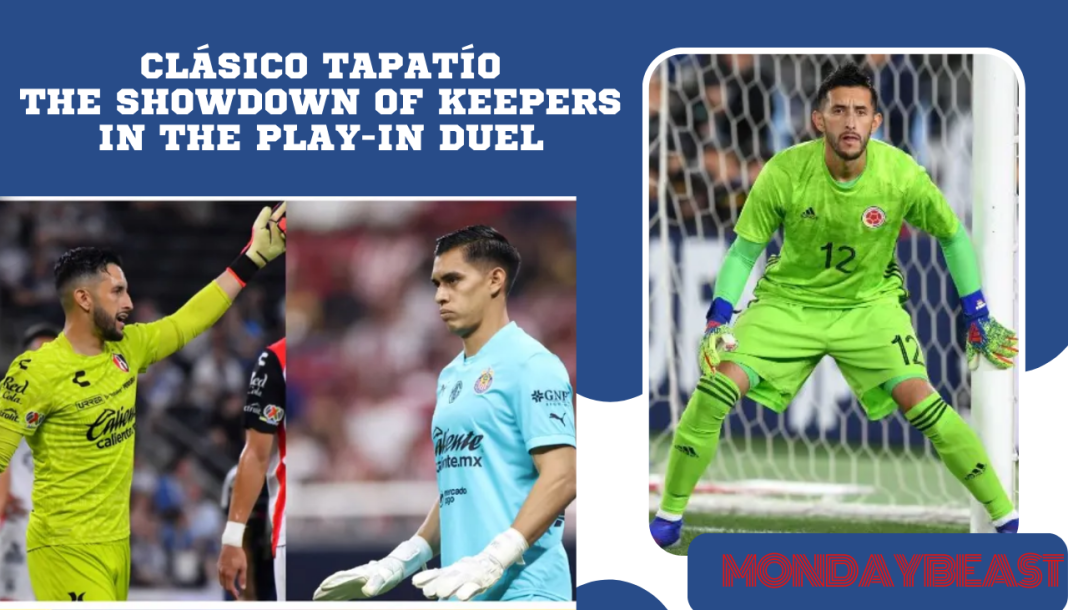Also read Who Will Lead Maharashtra? A War of Claims Among Rivals
In a heated response to the International Criminal Court’s recent decision, Israeli Prime Minister Benjamin Netanyahu has labeled the allegations against him as antisemitic. This perspective raises questions about the nature of justice on a global scale. As emotions run high, the complexities of international law and its implications become increasingly apparent.
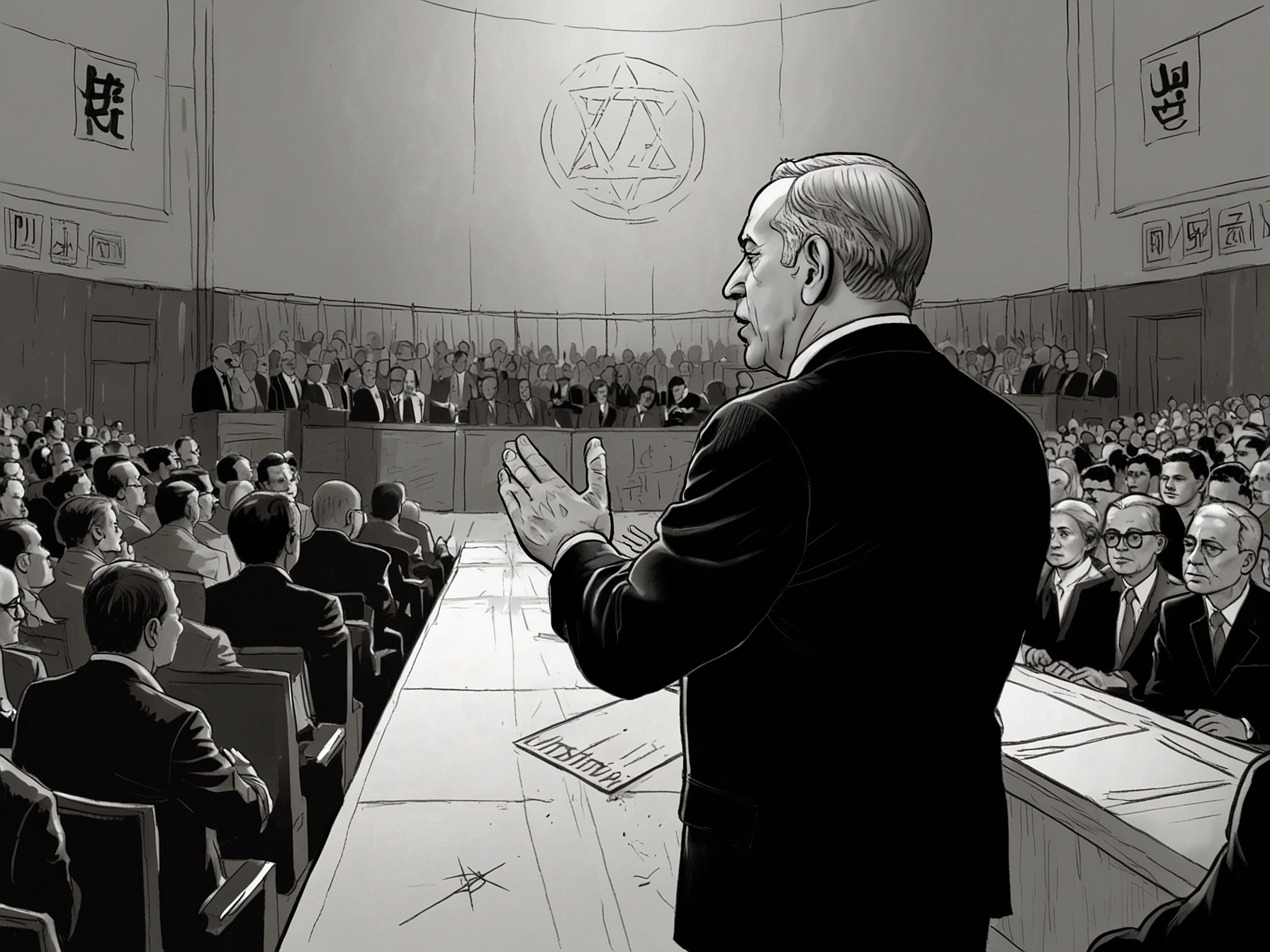
Netanyahu focuses on the historical context of antisemitism, drawing a parallel to the Dreyfus Affair of the late 19th century. Alfred Dreyfus, falsely accused of treason in France, became a symbol of injustice. Netanyahu’s words echo through the years, revived in today’s tumultuous climate. Will this historical analogy resonate with the public?
He asserted that the ICC’s accusations are, in effect, a modern Dreyfus trial. It is a bold claim that invites scrutiny. As he states, the court is falsely accusing a democratically elected leader. How much of this narrative is rooted in genuine grievance versus political maneuvering?
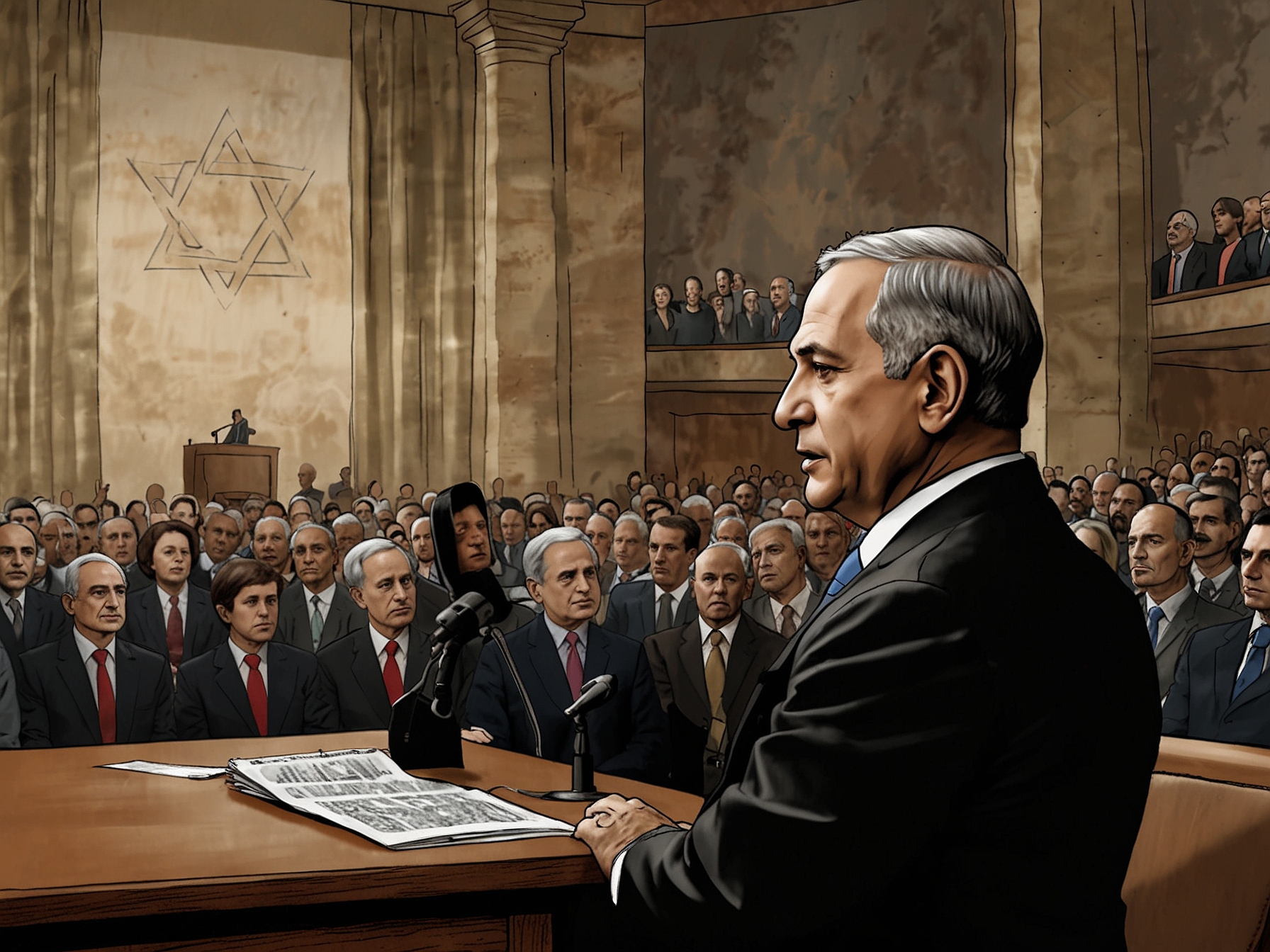
Amidst the chaos in Gaza, the ICC has charged Netanyahu and former Defense Minister Yoav Gallant with serious crimes, including murder and the deliberate infliction of starvation. These allegations have stirred emotions and compassion for the people in crisis. How do we respond to such accusations without bias?
According to Netanyahu, Israel’s military operations are defensive against a backdrop of Hamas aggression. The Prime Minister vehemently claims that evacuation alerts are regularly issued to protect civilians. Yet, amidst the rhetoric, the stark reality on the ground shows a different narrative. Civilians face dire circumstances, trapped between competing narratives of defense and aggression. Where does the truth lie?
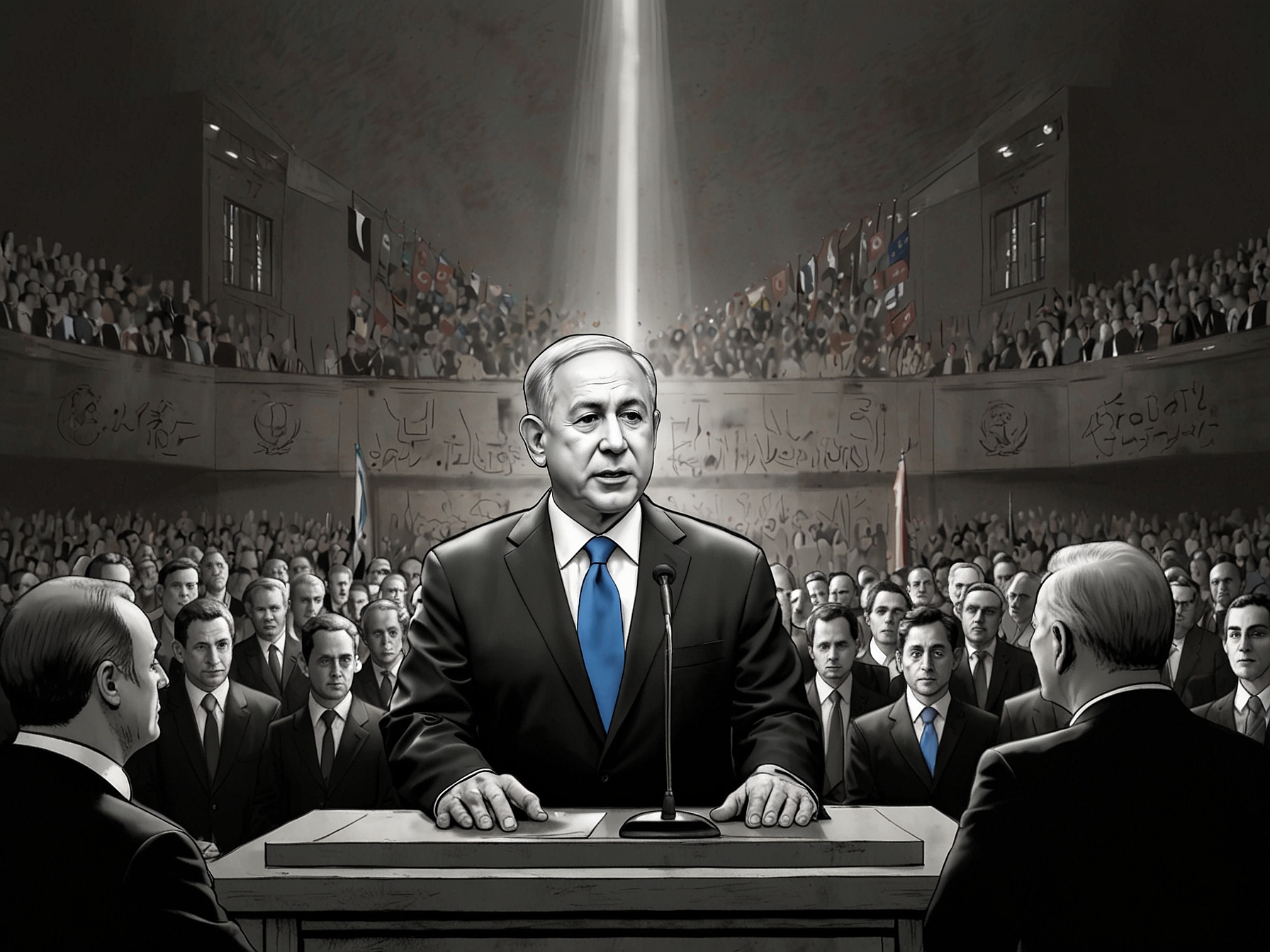
Critics point to the humanitarian crisis in Gaza, arguing that restrictions on supplies have led to grave suffering among innocent civilians, even children. As Netanyahu contends, Israel has supplied significant aid to Gaza. Yet conflicting reports surface, suggesting that aid is not reaching those in need. Can the true situation be reconciled with the contrasting claims?
The dilemma continues to deepen with each passing day. As the war in Gaza rages on, so too does the debate over the morality, legality, and humanity of actions taken by both sides. Can there be accountability in such a convoluted conflict? Or is it too simplistic to place blame?
The analogy with the Dreyfus Affair attempts to grab attention, but does it overshadow real concerns? Logic mingles with emotion, making it hard to discern objective truth. This turbulent situation raises profound questions: Can we ever bridge the gap between justice and perceptions of hostility?
In closing, the charges against Netanyahu, like a double-edged sword, cut deeply into the already complicated dynamics of international relations and human rights. How will history judge these decisions? And in the end, what will truly be the impact of these allegations on the individuals caught in the crossfire?
This story is unfolding in real-time. How will it shape the future of Israeli-Palestinian relations? What happens next may depend greatly on how the world responds to these urgent moral questions.

